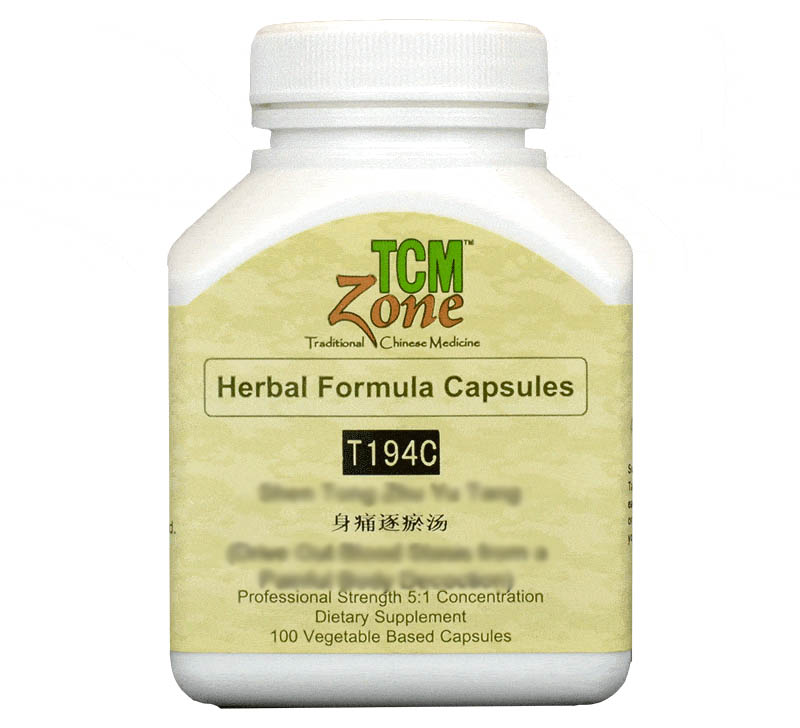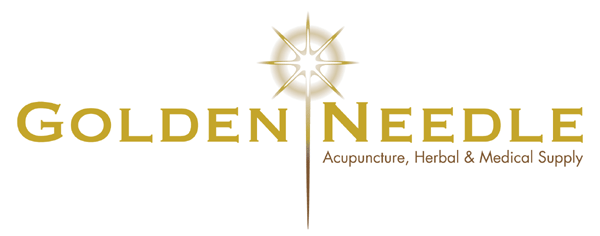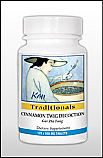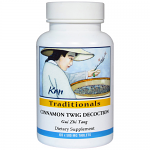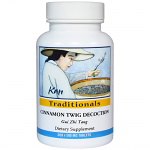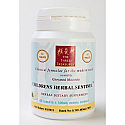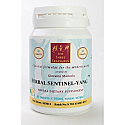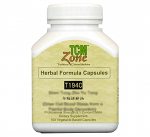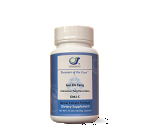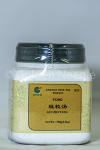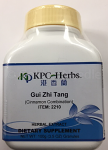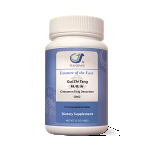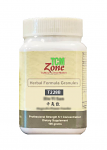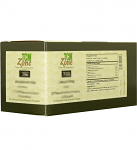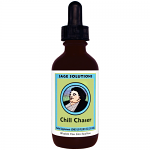| Description |
This [formula] is [for] externally-contracted wind-cold leading to an exterior cold deficient condition. The peculiarities of this condition are due to disharmony between the nutritive and protective qi. Under normal circumstances, the two regulate each other. The protective qi (associated with yin) nourishes and stabilizes the interior. Here, however, the protective qi is slightly weak. When it rises to the surface to fend off wind-cold, fever and chills are produced. This takes all of its strength and it is unable to adequately perform its other functions, such as guarding the nutritive qi. The nutritive qi therefore becomes unstable and is unable to contain the fluids. The resulting sweating does not have the full force of the protective qi behind it, and thus does not lead to any improvement in the condition. The opening of the interstices and pores (during sweating) makes the person more sensitive to the environment, which leads to an aversion or sensitivity to wind. When wind-cold invades the muscles and the exerior, it impedes the flow of qi in the channels (especially the greater yang channels), which leads to headache and stiff neck. The Lungs control the qi and are associated with the skin, body hair, and nose. Wind-cold, which constrains or bottles up the exterior, also impairs the qi mechanism of the Lungs, which causes nasal congestion. The impaired qi mechanism of the Lungs and the loss of mutual regulation between the nutritive and protective qi disrupts the Stomach qi, which leads to dry heaves. As is typical of fever due to exterior cold, there is no particular thirst. The thin, white tongue coating and floating pulse are also characteristic of exterior wind-cold. Sweating opens up the superficial levels of the body, which is reflected in a relaxation of the pulse. The pulse is moderate in the sense that it is unlike the tight pulse associated with exterior cold excess, but this should not be confused with the moderate pulse that refers primarily to speed. Loss of mutual regulation between the nutritive and protective qi can also occur after a serious illness, childbirth, or in patients with a weak constitution. In such cases, even though there may be no externally-contracted wind-cold, there may still be fever, sweating, and an aversion to wind. --Bensky: Chinese Herbal Medicine Formulas and Strategies.*
|
